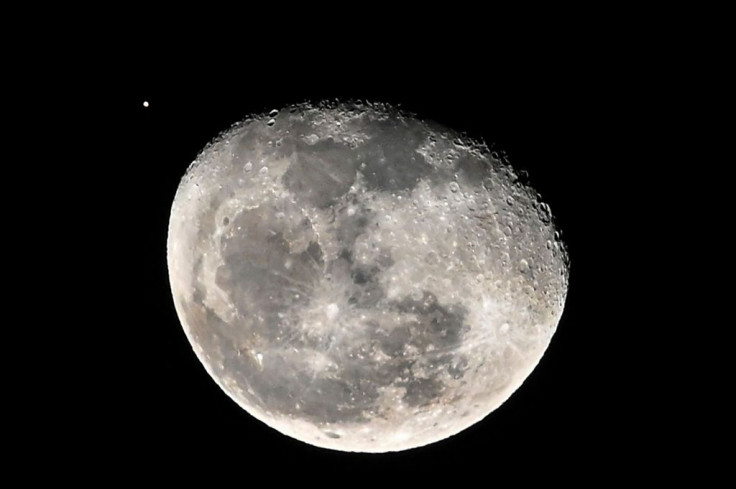While survival on Mars remains a mystery, scientists have chanced upon another interesting discovery—sperm can potentially survive on Mars for hundreds of years!
The findings have given rise to myriad theories, including one that shows how humans could possibly reproduce on the Red Planet in the future.
“These discoveries are essential for mankind to progress into the space age,” said lead research author Professor Sayaka Wakayama, a scientist at Japan’s University of Yamanashi, to Daily Mail, as mentioned in New York Post.
The findings came to light after scientists studied the effects of radiation on a batch of mouse sperm that had been freeze-dried and stored aboard the International Space Station (ISS) for six years. While the assumption was that space radiation would destroy sperm-making breeding impossible, new analysis reportedly revealed the rodent reproductive fluid was in perfect health despite its interstellar sojourn! What’s more, as reported in the media outlet, fertility didn’t get affected by the X-rays on Earth.
“Many genetically normal offspring were obtained,” said Wakayama, as stated in The Science Times, whose team put forth an observation that the freeze-dried semen could last aboard the ISS for up to 200 years.
“When the time comes to migrate to other planets, we will need to maintain the diversity of genetic resources, not only for humans but also for pets and domestic animals,” said Wakayama. What’s also important to note is that sperm isn’t the only thing that can possibly survive the vacuum of space for extended periods of time.
Tardigrades — also known as “water bears”—are known to survive for 30 years and more without food or water, withstanding temperatures of 302 degrees Fahrenheit. The following observations bring forth another revelation: sperms could survive on other planets as well.

© 2025 Latin Times. All rights reserved. Do not reproduce without permission.




